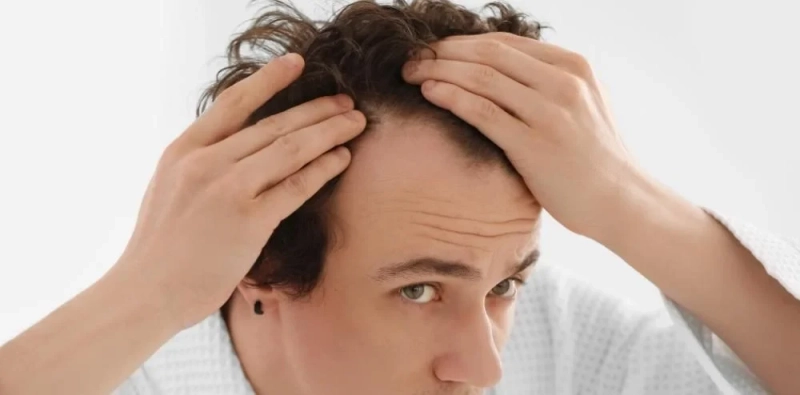Hair loss is a common concern that affects people of all ages and genders, often impacting self-esteem and overall well-being. While there are various treatments and remedies available, hair transplants have emerged as a transformative solution for those seeking a permanent and natural-looking restoration of their hair. This article explores the reasons why a hair transplant might be the right choice for individuals experiencing hair loss, emphasizing the benefits, considerations, and advancements in this innovative procedure.
Understanding Hair Transplant:
Hair Transplant in Dubai surgery involves transferring healthy hair follicles from a donor site to areas of the scalp experiencing hair thinning or baldness (recipient site). The goal is to achieve natural-looking hair growth that restores both aesthetic appearance and self-confidence. Two primary techniques used in hair transplants are Follicular Unit Transplantation (FUT) and Follicular Unit Extraction (FUE), each offering unique advantages depending on the patient's needs and preferences.
Why Consider a Hair Transplant?
1. Permanent Solution: Unlike temporary remedies such as medications or topical treatments, hair transplants offer a permanent solution to hair loss. Once transplanted, the hair follicles continue to grow naturally, ensuring long-lasting results.
2. Natural-Looking Results: Modern hair transplant techniques, especially FUE, result in hair that looks and feels natural. The transplanted hair blends seamlessly with existing hair, making it indistinguishable from surrounding hair follicles.
3. Customized Approach: Hair transplant procedures are tailored to each patient's specific needs. During the consultation phase, the surgeon assesses factors such as the extent of hair loss, hair type, scalp condition, and desired outcome to develop a personalized treatment plan.
4. Minimal Downtime and Recovery: Advances in technology and surgical techniques, such as minimally invasive FUE and robotic-assisted transplantation, have significantly reduced downtime and accelerated recovery times. Most patients can resume normal activities within a few days to a week after surgery.
5. Improved Self-Esteem: Restoring a fuller head of hair can have a profound impact on self-esteem and confidence. Many patients report feeling more attractive, youthful, and socially confident following successful hair transplant surgery.
Advancements in Hair Transplant Technology:
Over the years, technological advancements have enhanced the precision, effectiveness, and safety of hair transplant procedures:
Robotic Assistance: Robotic systems like the ARTAS system have revolutionized FUE procedures by automating the extraction of follicular units. This technology ensures precise harvesting and placement of grafts, minimizing human error and optimizing graft survival rates.
Platelet-Rich Plasma (PRP) Therapy: PRP therapy is often used in conjunction with hair transplants to promote healing, enhance graft survival, and stimulate hair follicle growth. PRP contains growth factors that support tissue repair and rejuvenation, contributing to improved outcomes post-surgery.
Advanced Imaging and Planning: Techniques such as digital trichoscopy and 3D scalp mapping allow surgeons to assess the scalp's condition and plan the transplantation with unprecedented accuracy. This ensures optimal graft placement and natural-looking results.
Is a Hair Transplant Right for You?
While hair transplants offer numerous benefits, it's essential to consider certain factors before deciding if it's the right choice for you:
Extent of Hair Loss: Hair transplants are most effective for individuals with stable, moderate hair loss. Patients with extensive balding may require multiple sessions to achieve the desired coverage.
Health and Eligibility: Candidates should be in good overall health and have sufficient donor hair on the scalp or body for transplantation. The consultation with a qualified hair transplant surgeon will determine candidacy based on individual factors.
Realistic Expectations: While hair transplants provide significant improvement, it's important to have realistic expectations regarding outcomes. The consultation process includes discussing potential results and understanding what can be achieved based on current hair loss and donor availability.
Conclusion:
Choosing to undergo a hair transplant is a personal decision that can lead to profound improvements in appearance and self-confidence. With advancements in technology and skilled surgical techniques, hair transplants offer a reliable and effective solution for permanent hair restoration. Whether you're experiencing early signs of hair loss or seeking a solution for long-standing baldness, consulting with a qualified hair transplant specialist can provide valuable insights and guidance on the best approach for your individual needs.


